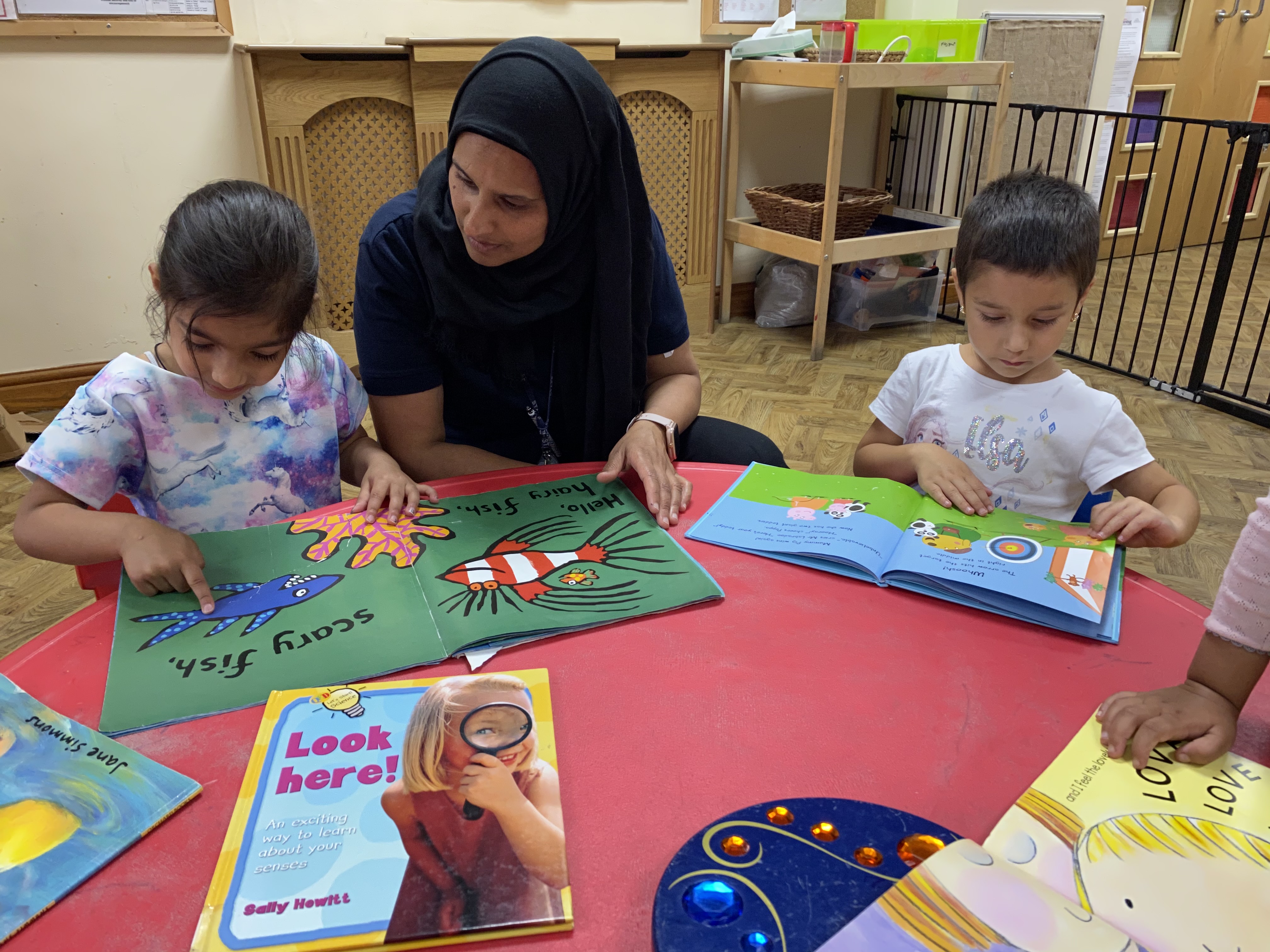Early Years Practitioners are childcare professionals who specialise in looking after babies and young children up to the age of five.
It is, without a doubt, a gratifying vocation; watching the tiny humans in your care develop socially, grow emotionally, and take on board all the things you teach them.
It isn’t all fun and games, though. Yes, you’ll get to crack out the glue sticks and the glitter, go on walks, play with toys. But working in early years comes with a lot of responsibility. You will go home exhausted at the end of every day. However, you need to be fresh and energetic again come the morning if you’re to have any hope of keeping up with an unruly group of kids.
Have you got what it takes for that? Let’s find out.
Patience
Working with young children will test your patience to its limit.
So it’s crucial that you have a long fuse and are not pushed easily past your breaking point.
The ability to remain unflappable in the (red) face of a screaming toddler is a must. It is the capacity to keep your tone firm but as level the five hundredth time you are disobeyed as it was on the first.
Remaining patient and retaining your composure will help you to communicate better with your charges. It also sets them an excellent behavioural example.
Organisation
As a practitioner, you are responsible for the health, safety, and wellbeing for the children in your care. You should maintain the cleanliness and order of the environment—leaving nothing sharp or swallow-able unattended—and know where they all are at all times.
Unstructured play is an excellent way for them to unwind and learn valuable social skills (like the ability to share). Still, young children benefit from routine and structure. Planning activities in advance will relieve some of the pressure you feel and allow you, as well as the kids, to enjoy it more.
Possession of eyes in the back of your head is an advantage, but not an essential requirement for this role!
Creativity
It is the job of an Early Years Practitioner to prepare the children in their care for school. Before they start elementary school, they should be able to do the following things:
- Listen to and follow simple instructions.
- Clearly communicate their needs to others (especially the teacher).
- Share toys and take turns when playing with other children.
- Identify some numbers and letters.
- Identify some colours and shapes.
In other words, you must help them lay their foundations for later and more complex knowledge. But it is best if you did so in a way that excites and encourages them and, crucially, will hold their attention.
An ability to think laterally, outside the box, will stand you in good stead for this.
Communication Skills
The ability to communicate with people on all levels is possibly the most critical prerequisite on this list.
As an Early Years Practitioner, you not only need children in a way that makes sense to them (explain things clearly; give simple, unambiguous instructions) but also to their parents.
Parents will want regular updates on their child’s progress. Sometimes, they will look to you for reassurance and ask you for your advice. It is crucial to listen and respond to any concerns that they might have and to work collaboratively with them towards a solution.
Communication with your colleagues is also of paramount importance, to ensure the smooth and safe running of the room.
To learn more, and find out how we can help, please feel free to get in touch.
This blog was produced in collaboration with Vision of Fashion, and written by Taseer Ahmad and Harmeet Singh.

